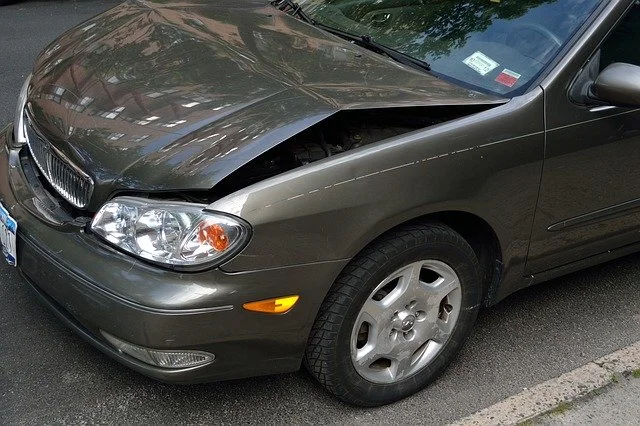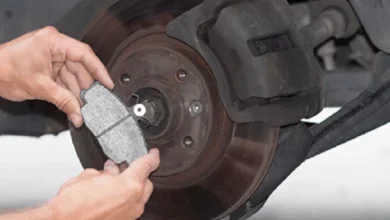What about your car insurance if you have had an accident?

The rule seems straightforward: if you haven’t had a claim, your premium will be lower, and if you have, it will be more. Is it, however, really that simple? An insurer explains everything to you.
The bonus-malus system
Everything is dependent on your insurer’s bonus-malus structure. In some states, the bonus-malus computation was governed by law, making it fairly clear. Every insurer used the same methodology; thus the reward or penalty was consistent across the board.
Currently, each insurer is allowed to use their own way. The method of calculation is determined by the general terms and conditions of your contract. However, it is still a system that encourages skilled drivers while punishing bad ones.
Every year, the insurer looks at the number of claims that you have declared. You will be charged for damage in error. If you have not had a claim, you will receive a discount on your premium (bonus), if you have one or more claims at fault, your premium will become more expensive (malus).
The calculation is done three months before the annual due date. After an accident, the increase in your insurance premium is contractually agreed upon, and there is no re ason to cancel your contract with immediate effect.
If, taking into account the number of claims, you have found cheaper insurance, you must respect the annual expiry date of your policy. In other words, canceling your policy at least three months before the expiry date remains the rule.
The joker as a reward
If you have collected a considerable number of claim-free years, your insurer can reward you extra for this. Assigning a joker ensures that, in the event that you do cause an accident, you can use this joker to avoid an increase in your car premium.
The conditions for winning or losing a joker differ per company. These conditions also change regularly. Therefore, it is important to be well informed whether your joker still applies and under what conditions.
A joker can be valid for a number of years, sometimes even for life. The insurer can revoke this pass under strict conditions. In this way, the insurer hopes that you will remain faithful to him, and you as the insured do not have to worry that your premium will increase after a claim.
Having a joker doesn’t necessarily mean you wouldn’t benefit from switching insurers. When you switch to another insurer, you must provide them with your claim history certificate. This certificate states any claims that you have reported to your insurance company during the last 5 years. This certificate will be provided to you by your current insurer, or you can request it yourself.
It is therefore not a bad idea to double-check with your insurer. You include these claim-free years so that your new insurer can take this into account in the quote for the new premium.




